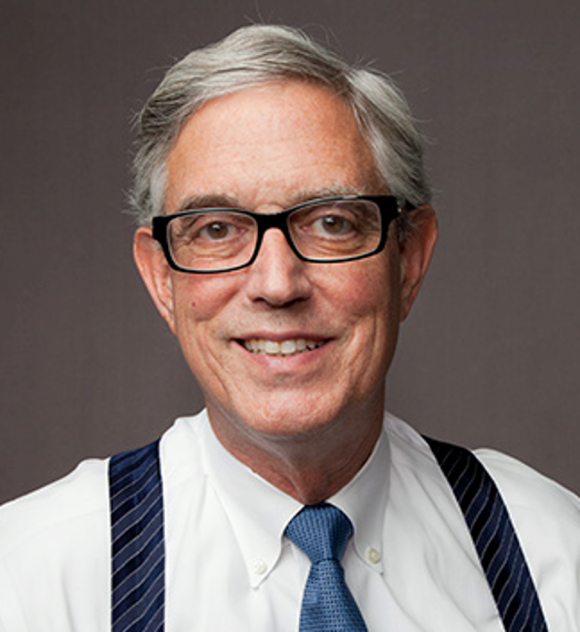Nov 25, 2015
Lead With Courage
As we celebrate Veteran’s Day this week, our thoughts at ConantLeadership turn naturally to the virtue of courage. We often think of courage in its most valorous incarnations — on the battlefield, in the grips of war, when the stakes are unspeakably high. Matters of life and death require boundless courage and we are forever joined in our awe and gratitude towards our veterans who have risked life and limb to preserve our liberty. Their heroism inspires us to give valor and bravery a closer look. We honor their contribution by reflecting on what courage means for all of us in the less grave matters of life, work, and leadership.
We celebrate the courage of the men and women in our armed forces because they do a difficult, dangerous job and they do it in service to the citizenry, not for personal gain or glory. But we also celebrate their valiance because their job requires an attribute that is not easy to come by. It’s hard to be courageous. But it is perhaps the most human thing we can be. Machines don’t feel fear, or vulnerability, or trauma or loss — only humans do. Courage doesn’t mean being blindly bold or brash. The true meaning of courage is feeling all of those challenging human emotions — all that uncertainty and anxiety — and going forth to stare that volatility in the face and get the job done anyway. That’s no small feat. Which is why we sometimes have to look pretty hard to observe true courage in others, and why we often struggle to find it within ourselves.
But we do find it. We do, and we can, if we try with consistency. And it’s important to try. Even if we are not warriors who are facing battle, we need courage in our lives and our work if we hope to become exceptional in anything we care about. Maya Angelou famously said, “Without courage we cannot practice any other virtue with consistency. We can’t be kind, true, merciful, generous, or honest.” What’s heartening about her words is that she refers to courage as a practice — which means we can cultivate it, strengthen it, and grow it — as long as we are willing to work on it consciously and repeatedly. This is mission critical for leaders.
Although our jobs may not always involve imminent danger, there are always people depending on us for their livelihoods, as we are depending on them for ours. We need each other. And to show up for one another in any meaningful way, we need to be courageous.
Angelou wisely notes that we need courage first if we are to develop any other desirable quality. This holds infinitely true for leadership. Consider the essential behaviors of exemplary leadership: integrity, authenticity, tough-mindedness on standards, tender-heartedness with people, passion for performance, and clarity (to name a few). We cannot embody any of these if we do not approach them bravely.
— To lead with integrity, we must have the courage to stand by our principles even when it is very difficult or unpopular. This is not easy. But it is necessary to establish both our character and competence.
— To lead with authenticity, we must have the courage to bring our true selves to our interactions. Sometimes, that means being a less-rehearsed, less-polished version of ourselves. Being more transparent and vulnerable in this crucial way helps us to earn trust; we become more relatable by allowing stakeholders to really see us and connect with us.
— To lead with a tough-mind on standards, we must have the courage to challenge people to do better and to clearly express when our expectations are not met — even if that means an unpleasant conversation (or two, or three). Championing world-class standards, while hard-edged, also demonstrates that we have faith in people’s capacity to perform; a tough approach to standards is also a way of saying, “I believe in you.”
— To lead with a tender-heart towards people, we must have the courage to let our guard down, to lead with the compassion necessary to understand others, their situation, their goals and their needs. It means having the courage to not act sometimes and to just listen instead. While rejecting our bias for action takes guts, especially for type-A leaders, it’s also a surefire way to let people know that we have their back. If they can’t see that we are visibly fighting the good fight for them — why in the world should they fight the good fight for us?
— To lead organizations passionately towards performance, we must have the courage to make our business deeply personal. When we declare the importance of achieving superior outcomes, and connect it to a purpose that is larger than the day-to-day grind of the workplace, we help people feel anchored in work that is meaningful. Being unabashedly passionate about our work helps spread enthusiasm infectiously throughout our organizations and communities.
— To lead with clarity, we must have the courage to give timely, direct feedback — even when it is uncomfortable. We owe it to people to let them know exactly what is needed from them and where they stand.
Clearly, we can find an urgent need for courage at the heart of effective leadership. So we’ve got to pursue it as a skill — as part of our leadership development — the same way we would with any other crucial competency. We must practice courage.
As an exercise in courage, be more mindful this week of how you react to the challenges presented to you. Is there a task you’ve been avoiding, a conversation you’ve been putting off? Notice your instinct to avoid it and choose to just do it instead. Have the talk. Write the email. Address the issue. Practicing courage doesn’t have to mean only confronting things that are unpleasant. It can also mean making a better effort to express gratitude or to interact more fully with people. Is there a person whose contribution you’ve been meaning to recognize? Write them a heartfelt thank you note. Reinforce the positive behavior of someone you value. Be more present in the very next moment. When we make a consistent practice of choosing the courageous response, courage becomes a habit. And that habit has the power to transform our leadership.
Doug Conant is a leadership expert as well as a New York Times best selling author.
The content writers at BigSpeak Speakers Bureau are Experts on the Experts. They hold doctoral, masters, and bachelors’ degrees in business, writing, literature, and education. Their business thought pieces are published regularly in leading business publications. Working in close association with the top business, entrepreneur, and motivational speakers, BigSpeak content writers are at the forefront of industry trends and research.
Speaker
Tags

 Douglas Conant
Douglas Conant